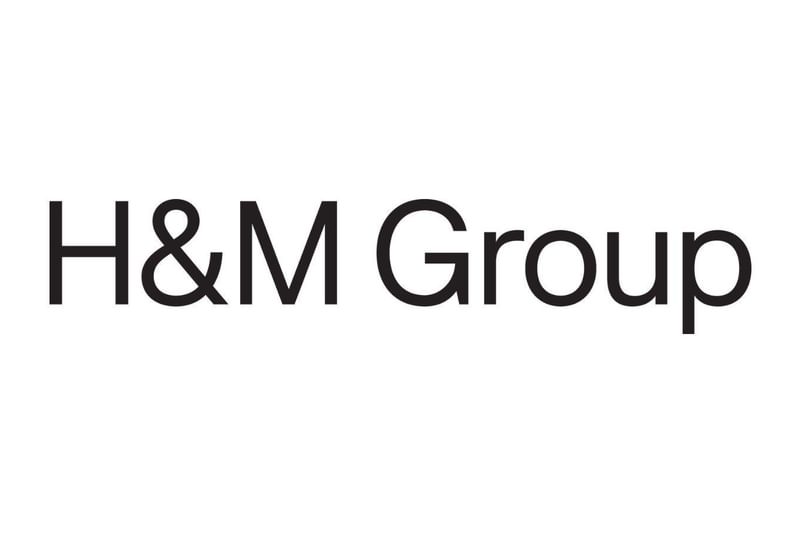
The SBTi supports calls for greater corporate emissions transparency
Feb 13th 2023
As the leading standard-setter and certification body for ambitious corporate climate action, the Science Based Targets initiative (SBTi) welcomes the Corporate Climate Responsibility Monitor 2023 report, which calls for greater corporate accountability and transparency, particularly while regulation and policy around target setting are in development. The SBTi also answers key methodological assertions in the report through a comprehensive technical response.
The global economy is not on track to halve emissions by 2030 and achieve net-zero before 2050. To avoid climate catastrophe, businesses must take decisive and rapid action to decarbonize.
Like the SBTi, New Climate Institute and Carbon Market Watch are playing an important role in ensuring that businesses and financial institutions around the world are taking credible action to cut emissions. In line with the SBTi’s mission, their recent Corporate Climate Responsibility Monitor 2023 report calls for robust science-based emissions reduction targets, transparency in progress reporting and greater governmental regulation to drive action.
We agree that policy-makers must focus on creating more supportive policy environments to encourage companies to set and achieve science-based targets. However, in the absence of consistent and ambitious regulation, voluntary initiatives, like the SBTi, have critical importance. Since 2015, we have brought together some of the best expertise from climate science, academia and sustainable business to fill the private sector decarbonization knowledge gap, enabling companies to set meaningful emissions reduction targets.
Luiz Amaral, CEO of the SBTi, said: “Fundamentally, we are trying to change the world. But in translating constantly evolving climate science into robust and actionable guidance, we’re navigating on the edge of knowledge. We embrace the input of experts outside our organization into our standards and guidance, including through established channels such as our Expert Advisory Groups and regular open consultations. It’s through these constructive engagements and structured processes that we’re able to keep pace with science, providing the best guidance on robust emissions target setting.”
Our guidance for developing targets and our processes for validating them are rooted in the latest climate science and robust standards – they are aligned with the Greenhouse Gas Protocol, an organization we work closely with on an ongoing basis. Our standards help businesses understand the action they need to take through the practical application of climate science and scientific frameworks – including the International Energy Agency (IEA) and Intergovernmental Panel on Climate Change (IPCC). We carefully check that businesses apply our standards consistently, and review vast quantities of data – far more than companies usually disclose publicly – to be as thorough in our validations as possible.
For further detail on the robustness of the SBTi’s methodologies and clarification on points raised by the report relating to transparency and accountability, net-zero target coverage, scope 3 and carbon offsetting, see our technical response.
While there is more for the global community to collectively achieve, the SBTi has already made an enormous impact in enabling companies to take climate action, leading to significant emissions reductions across some of the most polluting industries. There are now more than 2,250 companies with validated science-based targets. These SBTi-validated companies are cutting scope 1 and 2 emissions faster than their peers and by 12% year on year on average, greater than the 7.6% year on year reductions required to achieve 1.5°C.
We are enhancing our governance processes with a series of new initiatives, including a new commitment compliance policy to drive transparency and accountability, an independent Technical Council to strengthen the independence and robustness in technical decision-making within the SBTi, and an enhanced accountability framework to enable assessment on companies’ progress to drive accountability. It is through these improvements that the SBTi will continue to deliver on its commitment to drive meaningful corporate decarbonization.
Latest News
View News


